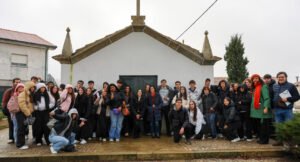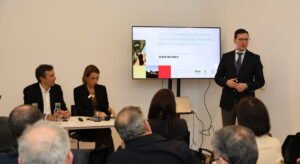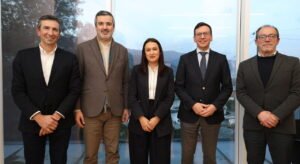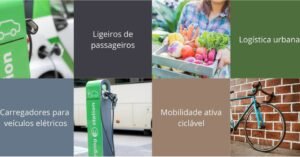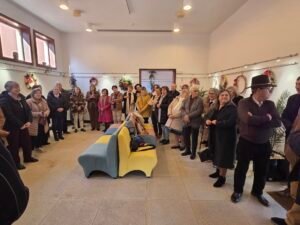On 7 May 2025, the CACTUS Building on the TERRA Campus of the University of Santiago de Compostela (USC) in Lugo hosted a technical meeting promoted within the framework of the PAISACTIVO cross-border project, under the theme ‘New Entrants in the Agricultural Sector’.
The initiative brought together experts, institutional representatives and agents from Galicia and Northern Portugal to reflect on the demographic challenges affecting the rural world, namely the lack of generational renewal in the agricultural sector and the instruments to support the integration of young farmers.
The incorporation of so-called new entrants, people who come from a sector other than agriculture, is essential for the long-term maintenance of the agricultural fabric both in Galicia and in the rest of Europe.
According to the Spanish National Statistics Institute, in 2020, only 8% of agricultural managers were under 40 years of age, while 54% were over 60.
In addition, several studies show that the classic model of intra-family generational succession does not work, due to the changing interests of the younger generations, who prefer to pursue careers outside the agricultural sector.
The main objective of this event was to reflect on the demographic challenge affecting the agricultural sector, the role of new generations in its revitalisation, and the support available to those wishing to start up in this field, particularly in rural areas marked by an ageing population and the progressive abandonment of farms.
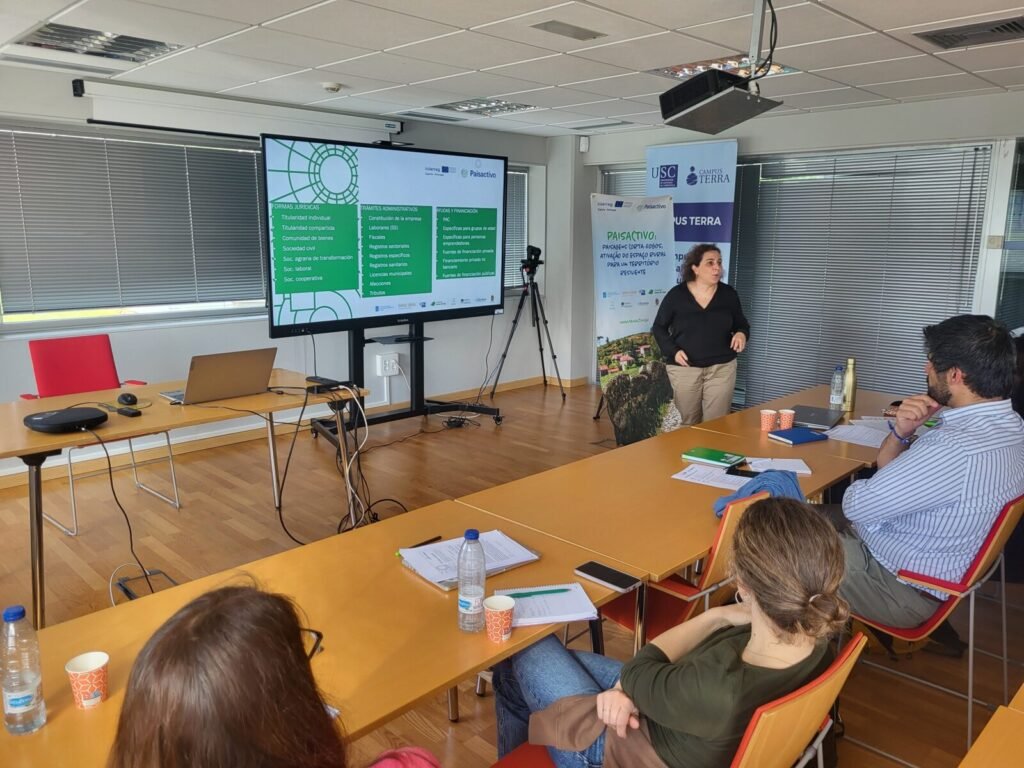
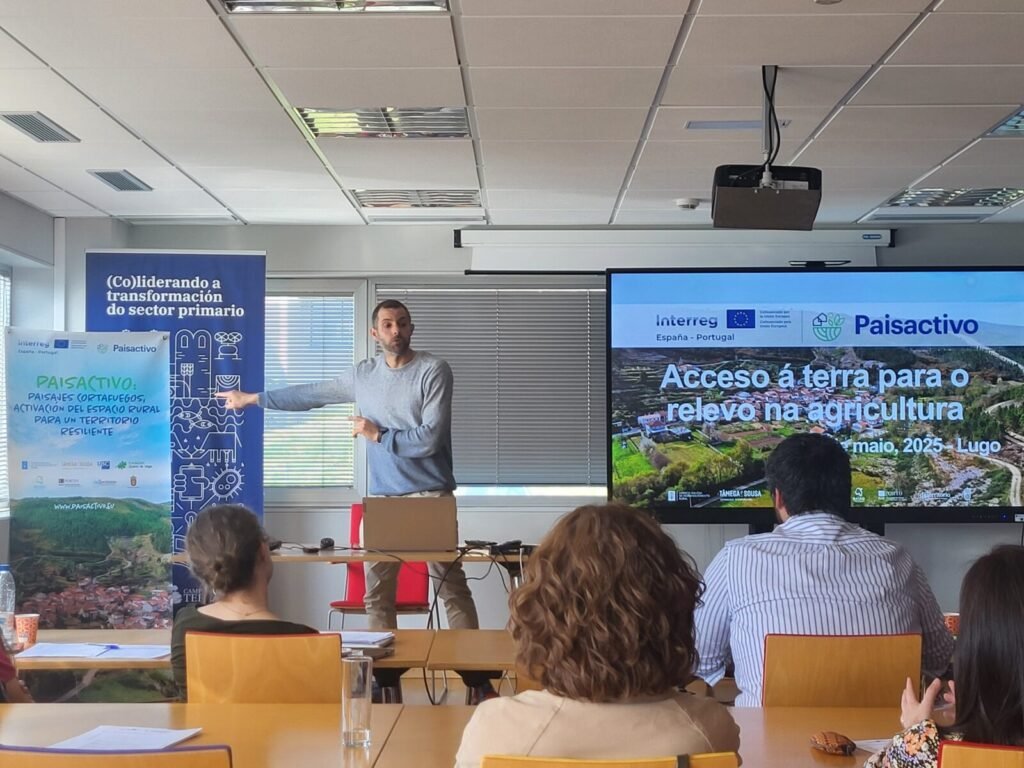
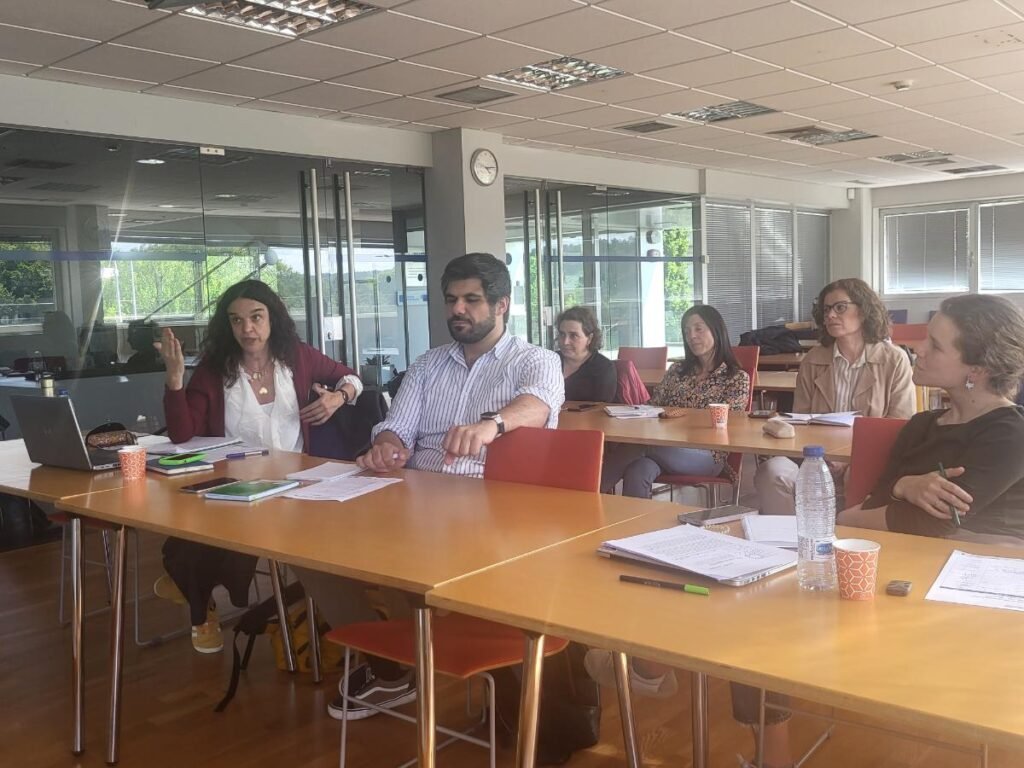
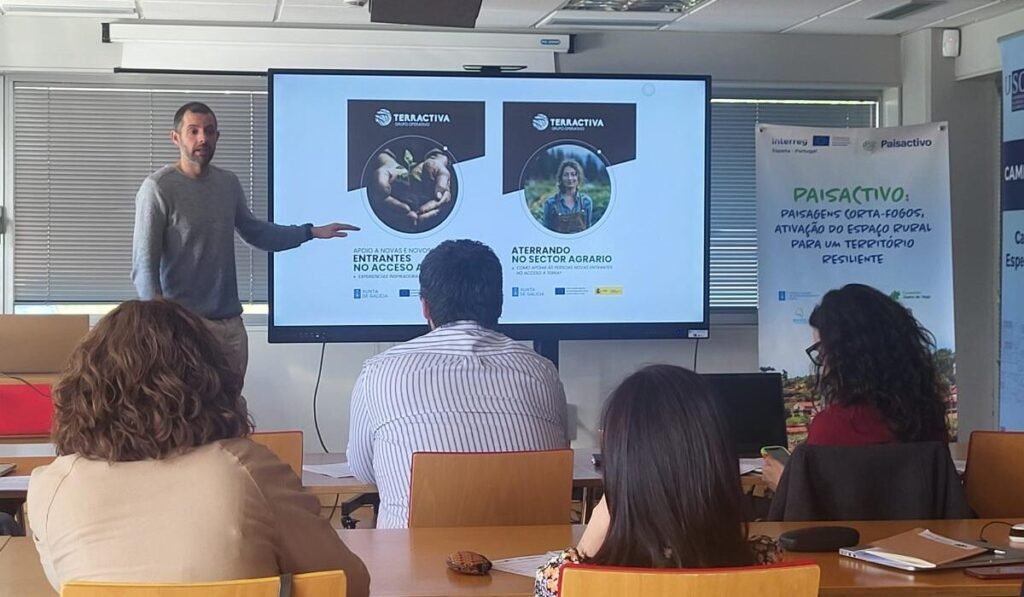
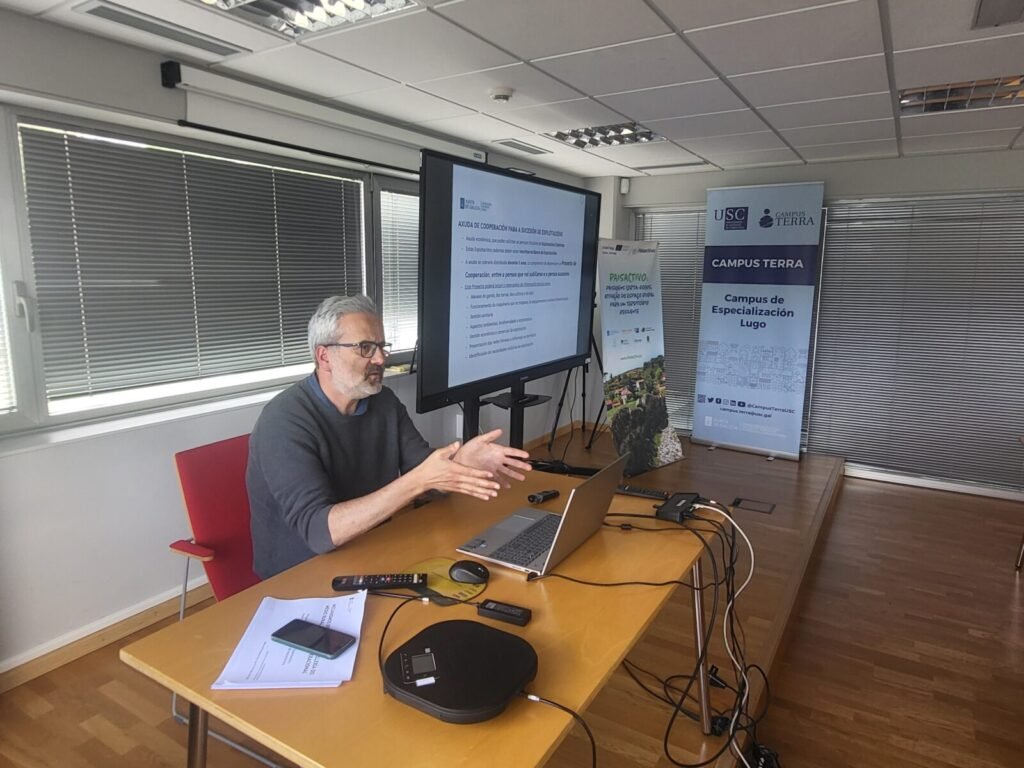
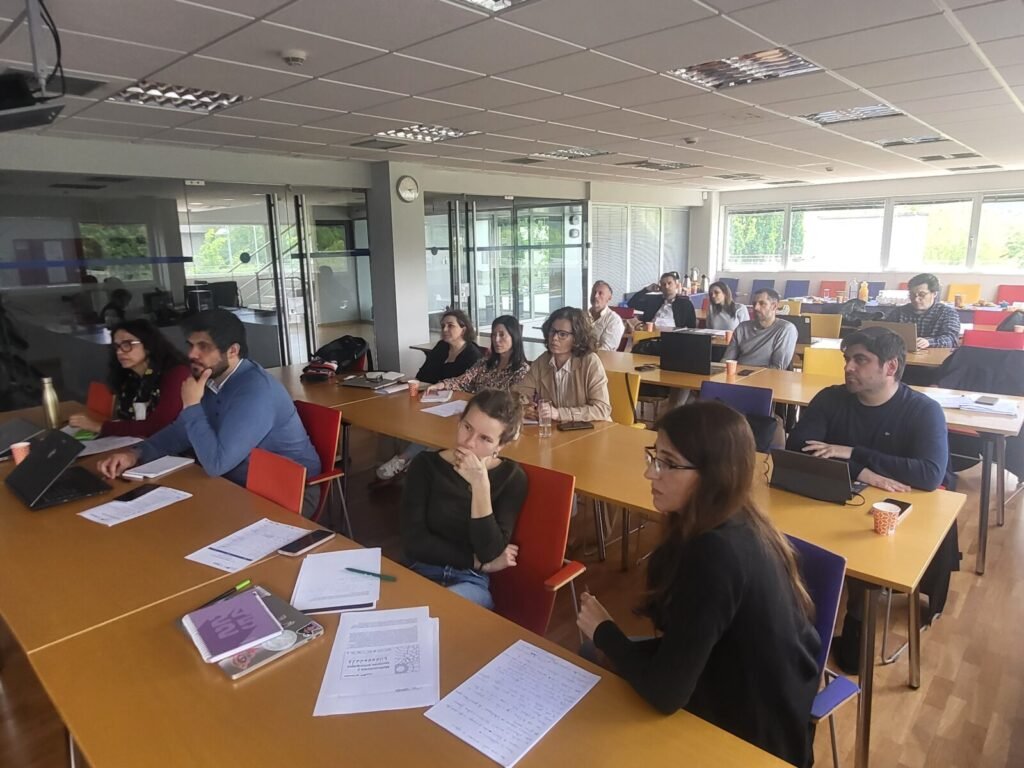
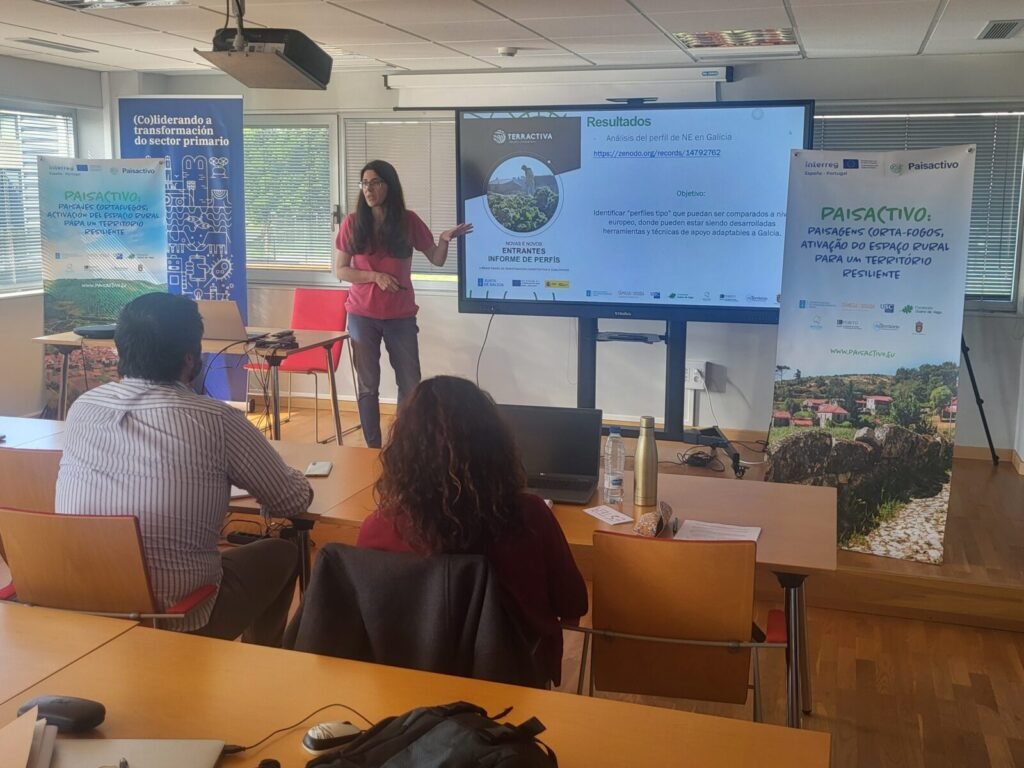
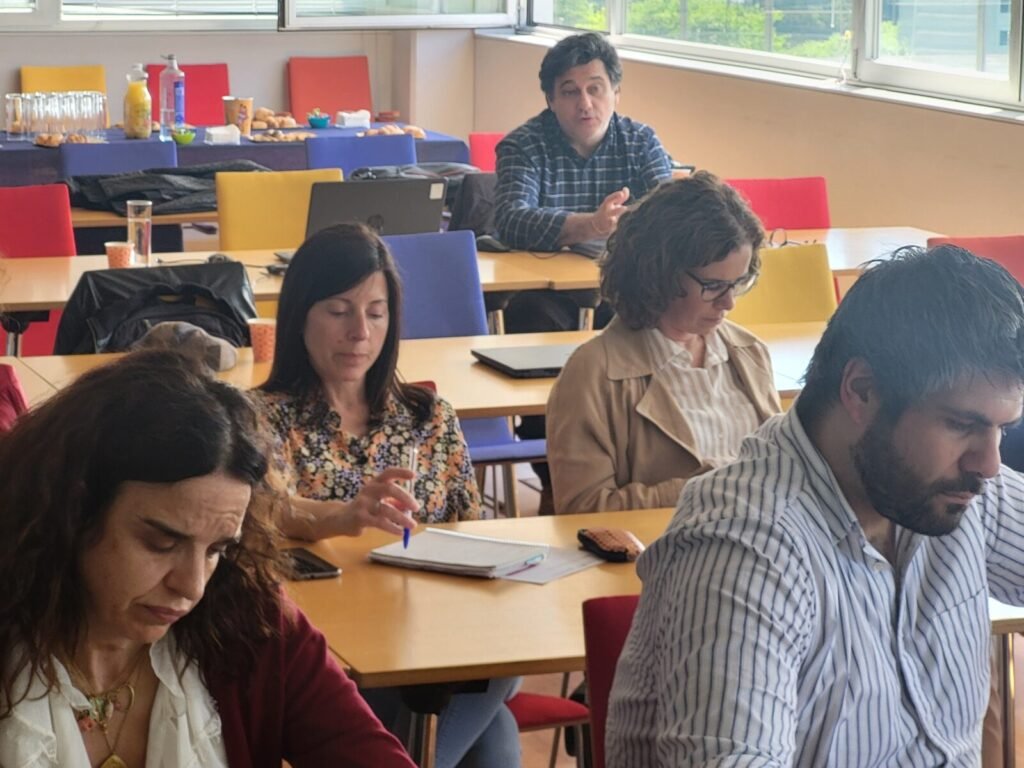
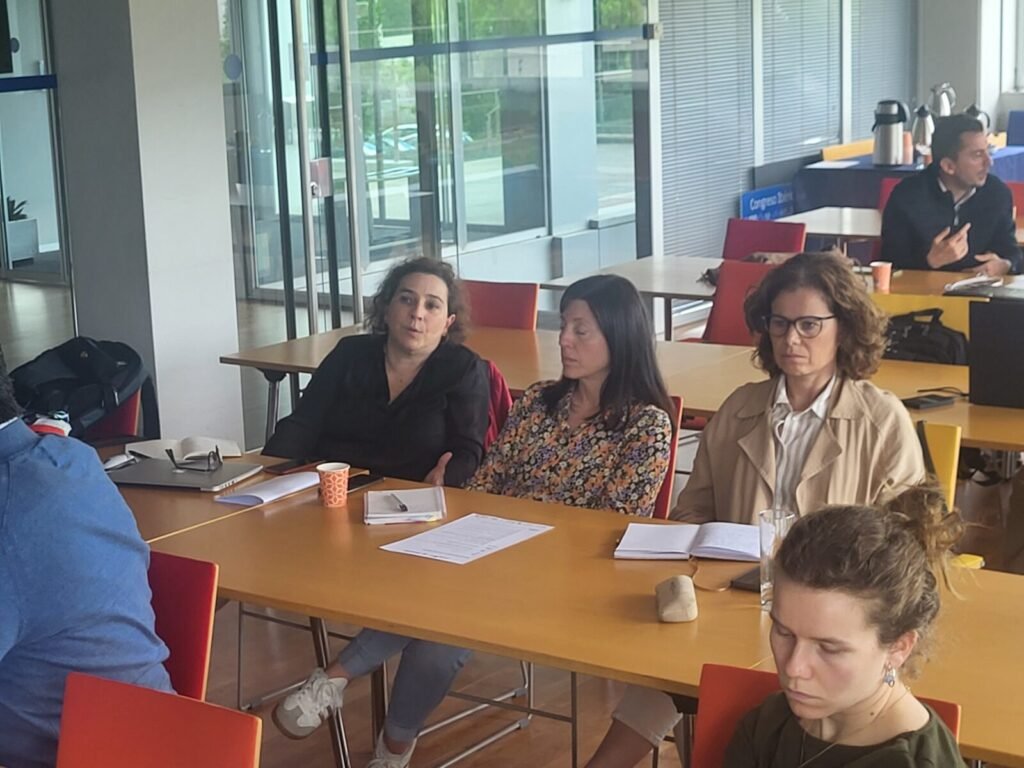
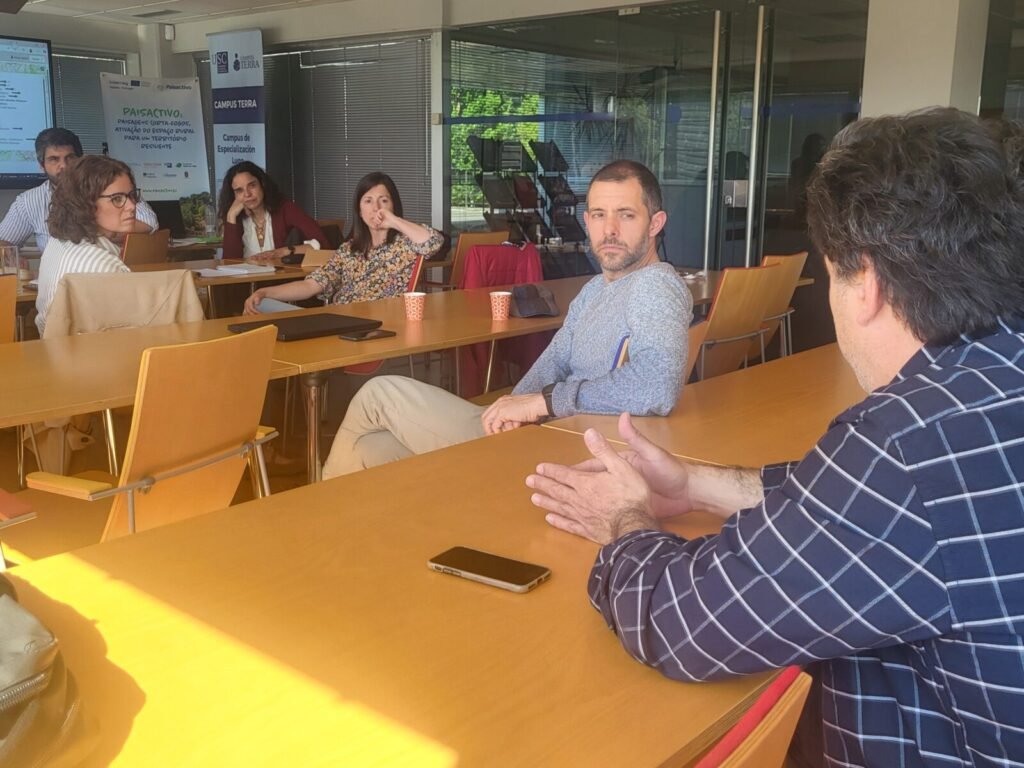
SHARING INSPIRING IDEAS AND EXPERIENCES IDENTIFIES OBSTACLES, CREATES OPPORTUNITIES AND DEVELOP SOLUTIONS
The welcome to participants was followed by a presentation by Guillermina Fernández, a researcher at the USC, who introduced the topic of generational change in the agricultural sector, highlighting the obstacles that hinder succession on farms and the measures that can be taken to encourage young farmers to enter the sector.
Juan Manuel Martínez Barral, from the Sub-Directorate-General for Agricultural Extension Planning of the Regional Ministry of Rural Affairs, presented the Farm Bank and the mentoring programme, mechanisms that facilitate access to land and the accumulated experience of senior farmers through structured mentoring processes.
Elena López Colmenero, from the Juana de Vega Foundation, gave a practical presentation on the key points to consider when starting an agricultural project, from strategic planning to operational management.
Quico Ónega López, from the USC, addressed access to land as a fundamental resource, describing institutional and legal tools that facilitate this process, especially for those starting out in the activity, namely through the presentation of the TERRACTIVA project, a support and training platform for new farmers, managed by an operational group that seeks to improve technical skills and generate resources to expand support for new entrants.
Nieves Pérez, also from USC, presented the resources developed within the PAISACTIVO project, including practical guides and tools aimed at new entrants to the sector and local communities.
The meeting ended with participants being challenged to reflect, as a group, on concrete opportunities to boost agricultural rejuvenation, through participatory dynamics that allowed them to identify obstacles, create opportunities and develop solutions.
The closing session highlighted the importance of collaboration between public entities, academics and local communities to address the rural demographic challenge and ensure a sustainable future for agriculture in the cross-border area.
This journey reinforced synergies and highlighted the importance of creating real conditions so that more young people can see agriculture as a life and future option. The activity was attended by technicians and institutional representatives from Galicia and Northern Portugal and was open to agents outside the project.
Find out more about the TERRACTIVA project and the experience it provides to the Mariñas community here.
RURAL REVITALISATION BOOSTS COMMUNITIES AND CREATES RESILIENCE
As part of this cross-border cooperation project, the former school in Almofrela, located in the Union of Parishes of Campelo and Ovil, is being converted into a new multipurpose space dedicated to social cohesion and community dynamism. The total area of the new infrastructure will be 278 m², more than triple the usable space previously available.
This facility will function as a centre for access to digital services and a platform, connecting the village to the neighbouring Serra da Aboboreira.
Integrated into the ‘Model Territorial Plan for the Village of Almofrela’, the new space will play a central role as a forum for coordination between different levels of intervention, also serving as a workplace and providing various services, such as management and logistics, as well as disseminating relevant information to the population and visitors.
In addition, this centre will welcome visitors, tourists, researchers and others interested in learning about both the village and the Serra da Aboboreira.
Also in Almofrela, the Municipality of Baião is carrying out an intervention as part of the ‘Village Condominiums’ programme.
With the main objective of enhancing and safeguarding rural areas through the promotion of sustainable land management and the mitigation of forest fire risk, this programme aims to reduce the risk of fire spread, protect people, animals and property, while promoting biodiversity.
This programme is part of a broader territorial approach, coordinated by the Intermunicipal Community of Tâmega and Sousa, which also includes interventions in the villages of Lameirão (Gôve) and Calvos (Loivos da Ribeira), as well as other villages in the municipalities of Cinfães, Resende and Marco de Canaveses, covering a total of fourteen locations.
The PAISACTIVO project is co-financed by the Interreg Spain-Portugal – Poctep programme.


